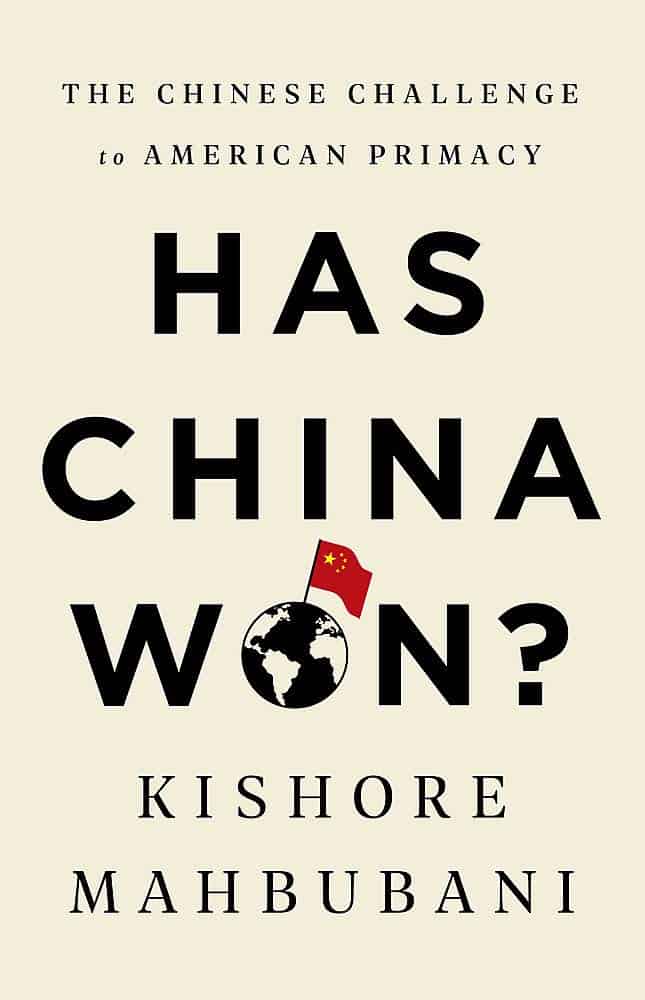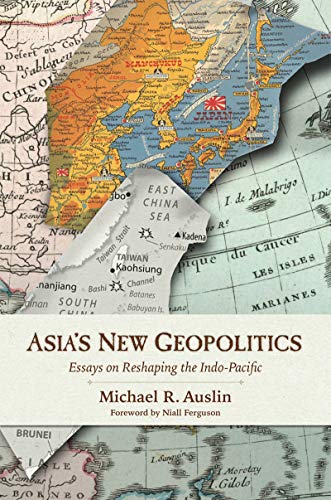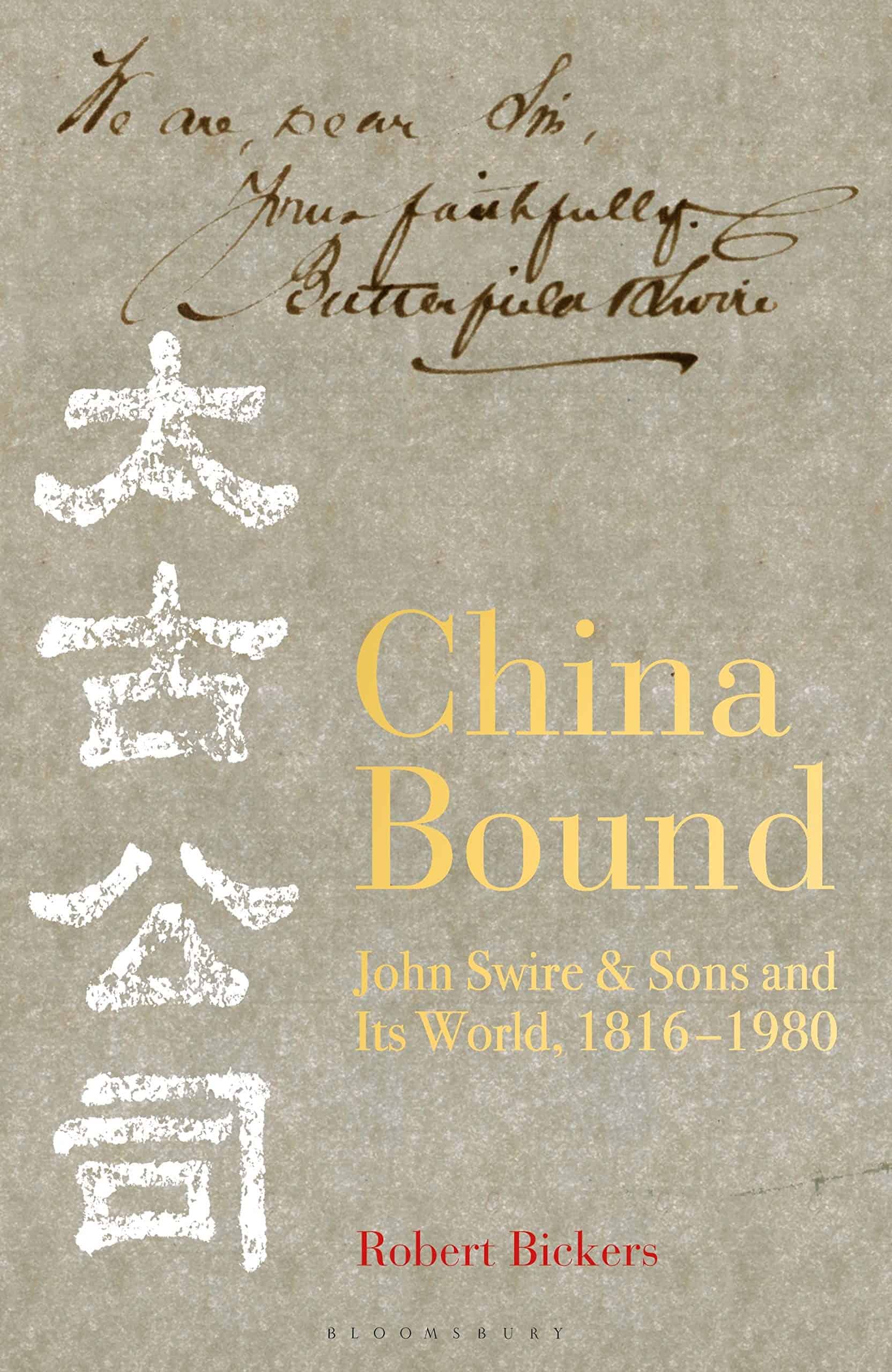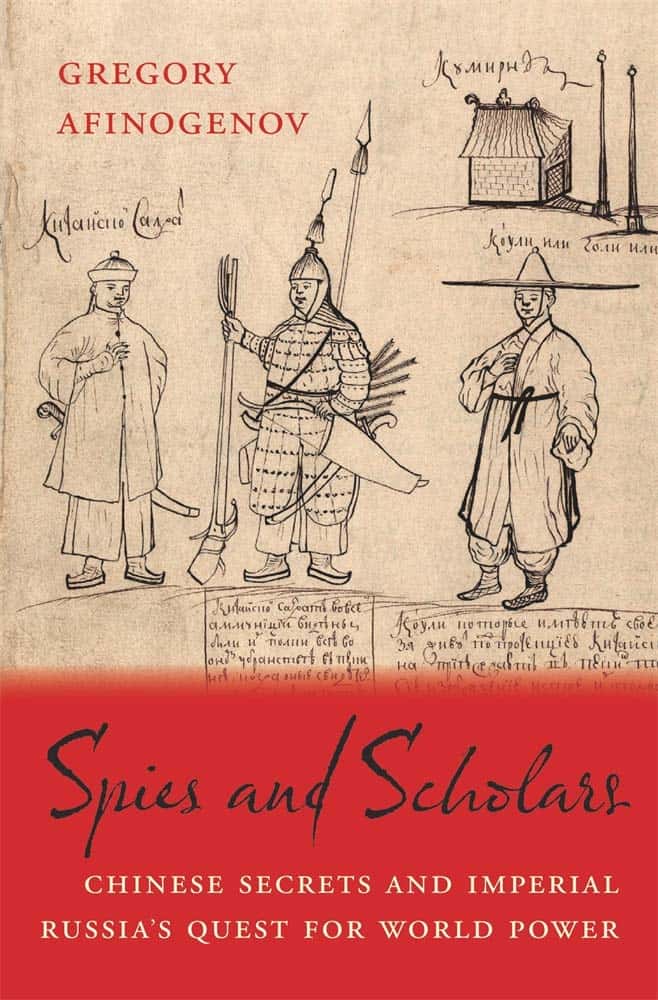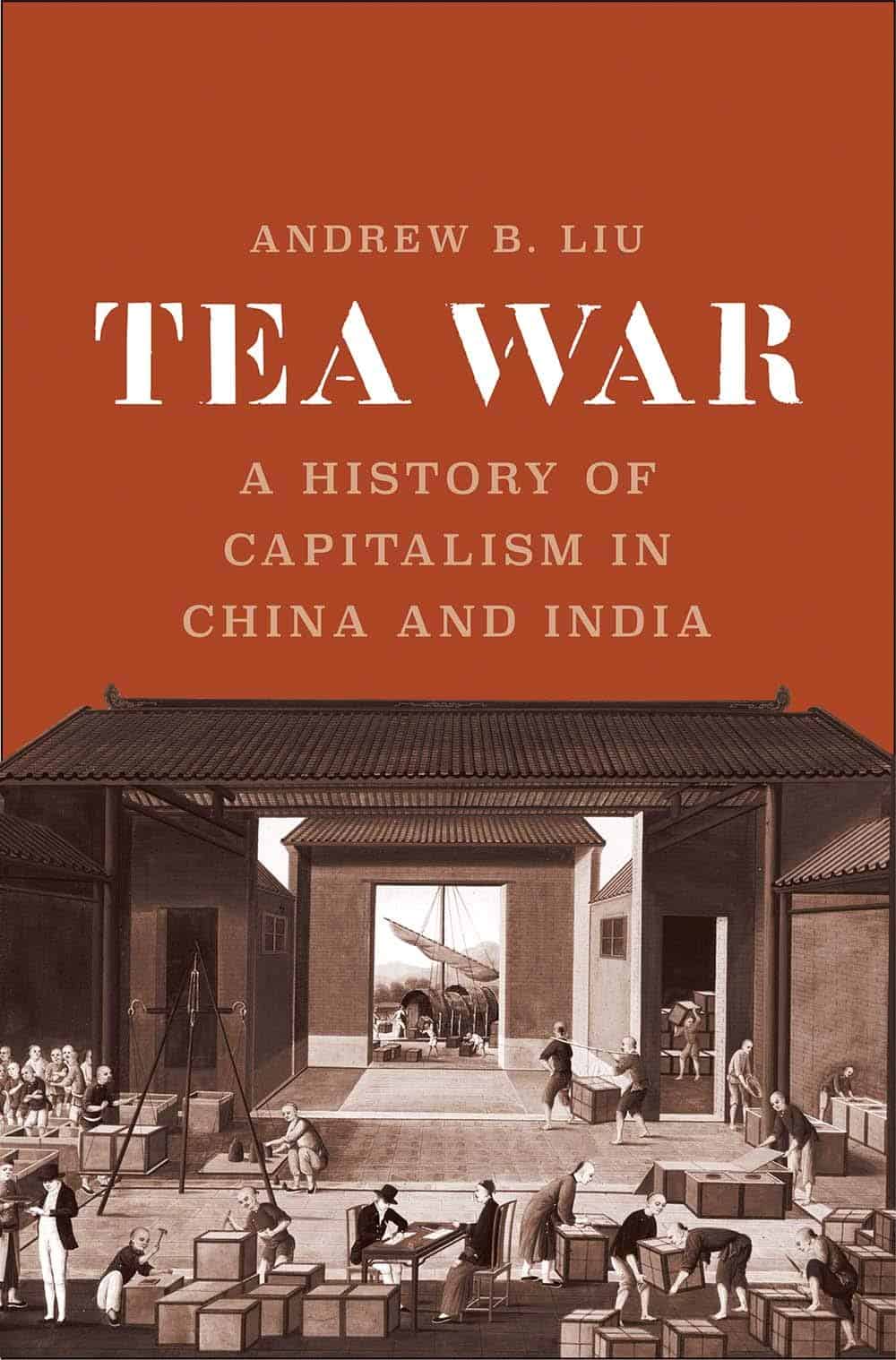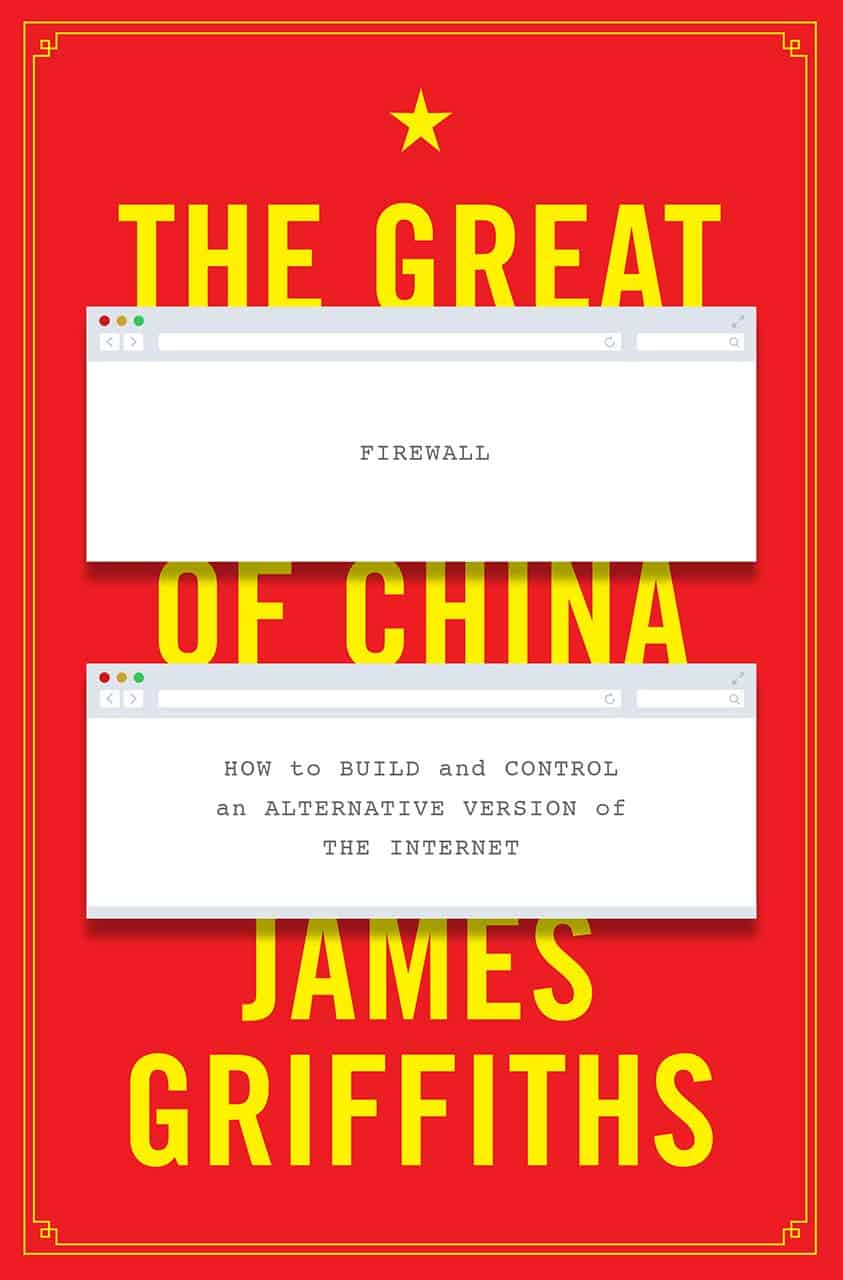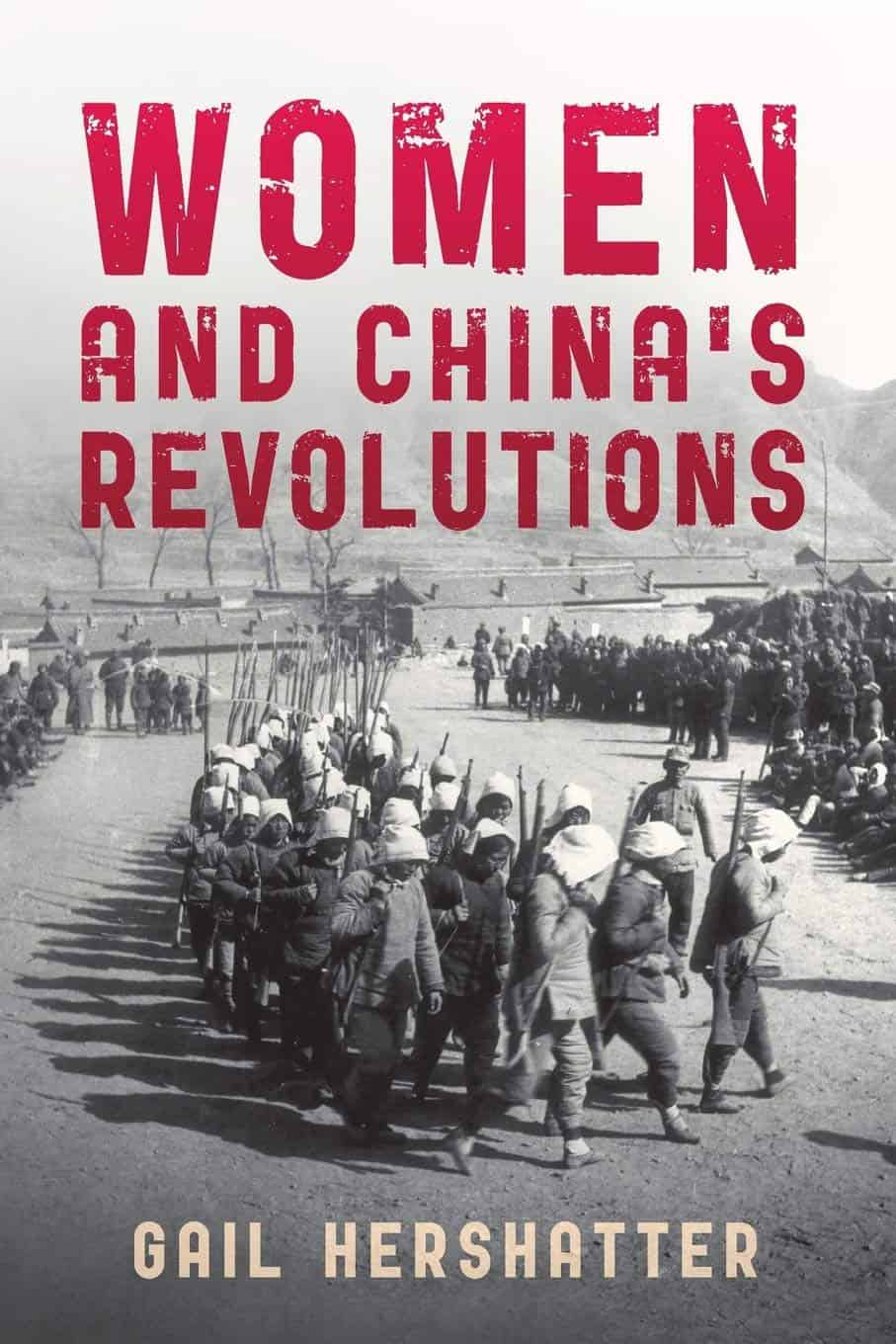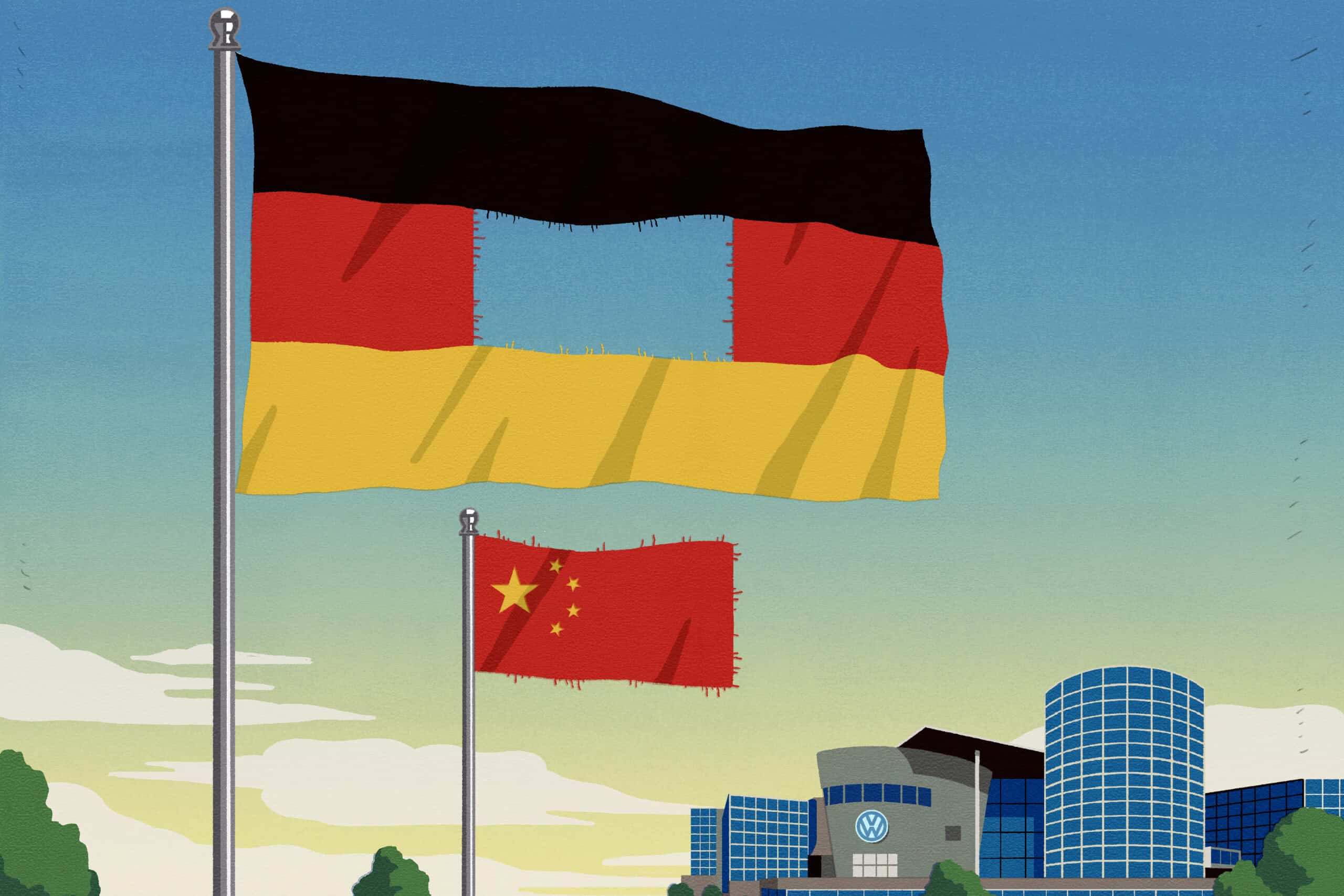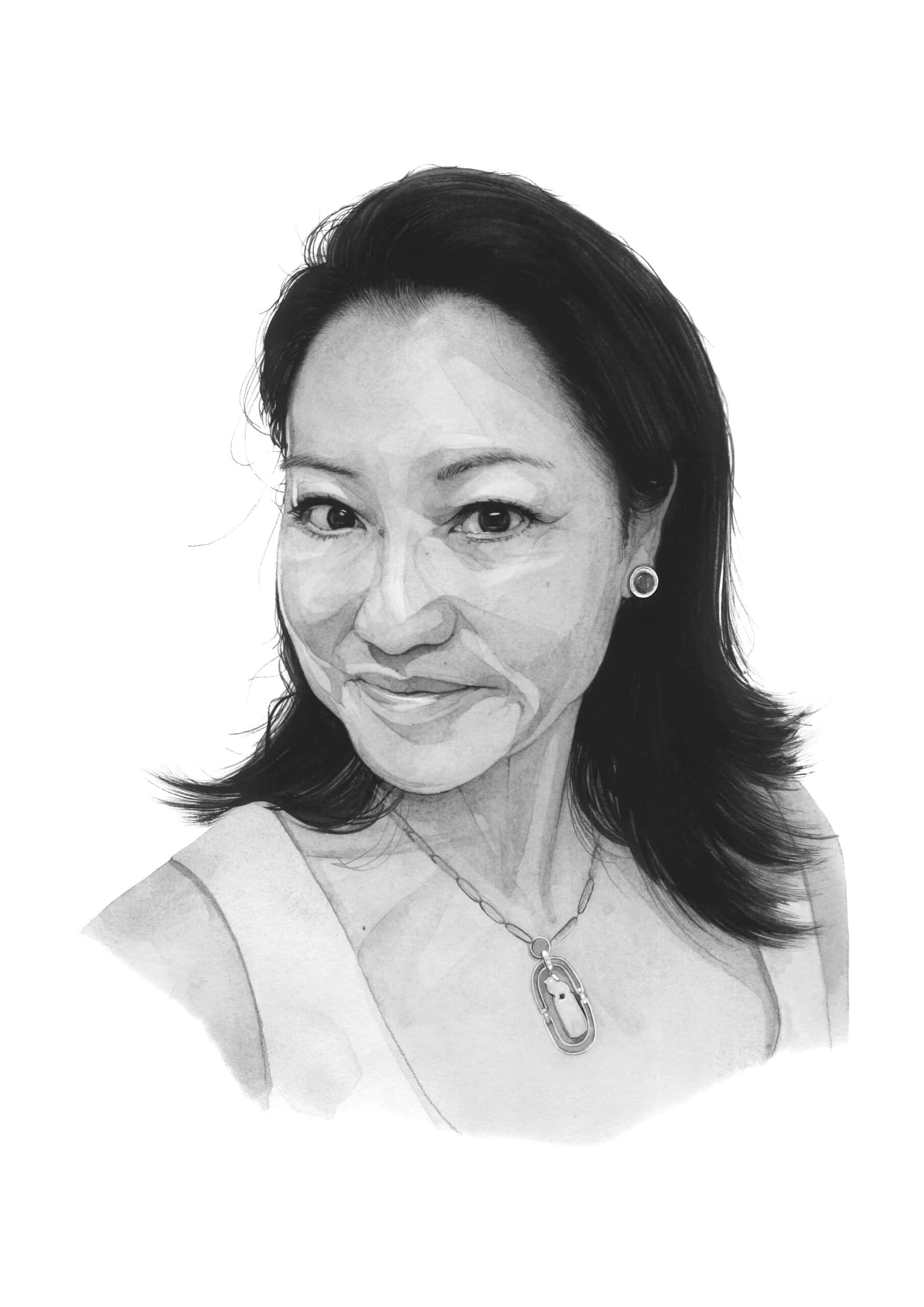If, over the last centuries, the global center of power has shifted West from Europe to America, it kept on moving and now hovers somewhere over the Pacific. Instead of a hegemonic Empire dominating as superpower, we have a multipolar world. There is a new Asian Great Game, and the Indo-Pacific is the crucible in which the geopolitical order of the twenty-first century will be forged. With the Covid-19 pandemic as a fresh catalyst to changes that were already underway, this rebalancing will have deep repercussions in the worlds of business, politics and society at large.
For all of the op-ed column inches out there trying to make sense of it all, there is no substitute for a couple of hours in your favorite armchair with a book that can stretch its feet (as you are) in tackling these big questions. Luckily, 2020 has a bumper crop of books engaging with China and the new world order it is engendering that explain full contexts and histories. Here are a few newly released titles — and we’re introducing a new expert ‘Guest recommendation’ feature below them.
The One to Read
Has China Won? The Chinese Challenge to American Primacy by Kishore Mahbubani
The rise of China relative to America’s decline has become staple bar-talk, from Washington cocktail joints to Beijing bordellos (for those cadres who risk patronizing them). We are still very much in the messy middle of a power shift that is far from certain, and a conflict that is still avoidable. Yet a rebalancing of the Sino-U.S. relationship will be one of Trump’s legacies that his eventual successor is likely to continue; and economic decoupling is already underway, sped by the spread of the virus. In this vacuum of mutual understanding and communication, Mahbubani, a Singaporean former diplomat and UN ambassador, lays out the dichotomies between the two supernations, and the parallels to the Cold War, from a neutral perspective. The book leans towards the glib (expect much quoting of old Chinese proverbs), but raises all the essential questions, some of which we dare not ask. As Mahbubani writes: “The more China is portrayed as an evil actor … the easier it has become for Americans to persist in the belief that they would eventually triumph.” What if they don’t?
March 31, 2020 | Public Affairs. $17.99. | Buy
The Shortlist
Asia’s New Geopolitics: Essays on Reshaping the Indo-Pacific by Michael R. Auslin
If the Indo-Pacific is the map on which the future power balance will be redrawn, this book is a good investment in familiarizing yourself with the terrain. In this collection of his essays — from the history of American strategy in China over the last centuries, to an imagined future conflict between the two in the final chapter — Auslin walks us through the key issues in readable style. Among the ideas raised is a resuscitation of the “Asiatic Mediterranean” — viewing China’s power struggles as primarily naval, in the inner Asian seas –— and a discussion of the “new China rules” that Beijing plays by, alongside parallel questions in India, Japan and North Korea.
May 1, 2020 | Hoover Institution Press. $29.95. | Buy
China Bound: John Swire & Sons and Its World, 1816 – 1980 by Robert Bickers
The story of China’s economic opening is inextricably bound to its links to Western businesses (which tried frantically to get into the market for centuries). Most tellings focus narrowly on the exploitations of the British East India Company, but for his new book, the respected China historian Robert Bickers has found an altogether more striking subject — the British firm Swire & Sons (parent of modern-day Swire, which bottles Coca-Cola in Asia), whose history in China he tells in this surprisingly gripping narrative for a business profile. From colonial Hong Kong to pirate battles, tea-trade to Taipans, wartime container shipping to early airlines, there is barely a dull page.
May 5, 2020 | Bloomsbury Business. $40. | Buy
Making It Count: Statistics and Statecraft in the Early People’s Republic of China by Arunabh Ghosh
Trusting the numbers is one of the first pitfalls when it comes to any China calculation. How many died of Covid-19? What is the actual GDP growth? The statistics and the truth rarely line up, leaving us in the dark. That’s why this book, which tells the history of Communist China’s early challenge with finding out even the most basic numbers, is so unexpectedly fascinating. At the founding of the nation in 1949, the Party had virtually no data about its own country. Ghosh tells the story of how they looked first to the Soviets and then India for inspiration, before throwing it out the window in the Cultural Revolution. A compelling tale for a book about bean counting.
March 31, 2020 | Princeton University Press. $45. | Buy
Spies and Scholars: Chinese Secrets and Imperial Russia’s Quest for World Power by Gregory Afinogenov
If you’re worried about Russian interference in the 2020 election, it may be reassuring (or the opposite) to know that they have been meddling abroad for centuries. In this historical work, Afinogenov relates Russia’s espionage activities in imperial China, which enabled the Russian Empire to grow its own relative power in the seventeenth to nineteenth centuries. From bribing artisans to disguising spies as monks, as well as enlisting Jesuit scholars among the ranks of its informants, Russia gathered an enormous amount of knowledge about China, that eventually filtered through to other rising European powers and set the terms of China’s engagement with the West.
April 14, 2020 | Harvard University Press. $45. | Buy
Tea War: A History of Capitalism in China and India by Andrew B. Liu
Sometimes money does grow on trees. For over a century, tea was China’s most lucrative export, and in this account Andrew B. Liu argues that it was their traditional approaches to industry — the very ones we think of as holding China back — which in fact allowed China to get rich off its tea-craft. The book focuses on the nineteenth and turn of the twentieth centuries, and compares China’s tea trade to that of northern India under the British. It is academically styled but full of fascinating historical nuggets, and makes a convincing case that to understand China’s earliest journey to capitalism, we need only to read the tea leaves.
April 21, 2020 | Yale University Press. $50. | Buy
In Case You Missed It
The Great Firewall of China: How to Build and Control an Alternative Version of the Internet by James Griffiths
From the Great Firewall to a small army of human censors, China’s successes at controlling its internet are a warning to free societies everywhere, and a lesson that other autocratic regimes are explicitly learning from. Griffith’s book is one of the best primers on the past and present of net censorship inside the People’s Republic. Taking in how the Firewall originated and tightened — as well as how companies such as Facebook and Google have bowed to that pressure or tried to resist it — the book deftly lays out how China’s censorship is not only domestically applied but exported abroad. Technology is a fast-shifting sand, but the book remains a relevant rejoinder to Bill Clinton’s infamous line about the impossibility of “nailing jello to the wall.”
March 15, 2019 | Zed Books. $25. | Buy
Guest Recommendation
Recommended by Jeffrey Wasserstrom, author of Vigil: Hong Kong on the Brink
Women and China’s Revolutions by Gail Hershatter
What difference would it make to how the story of modern China is told if women’s experiences were placed at the center, rather than brought in at the margins? This is the question that Hershatter, author of previous path breaking books about labor and memory in China, sets out to answer in her most recent and most accessible work. Taking the reader from 1800 up through the 1911 revolution and beyond — with two final chapters, ‘The Socialist Construction of Women’ and ‘Capitalized Women,’ focusing on the post-1949 era — it is filled with memorable portraits of individuals and vivid vignettes.
Sept. 4, 2018 | Rowman & Littlefield Publishers. $36. | Buy

Alec Ash is the books editor for The Wire. He is the author of Wish Lanterns. His work has also appeared in The Economist, BBC, SupChina, and Foreign Policy. @alecash
As an Amazon Associate, The Wire earns from qualifying purchases of books featured here.


